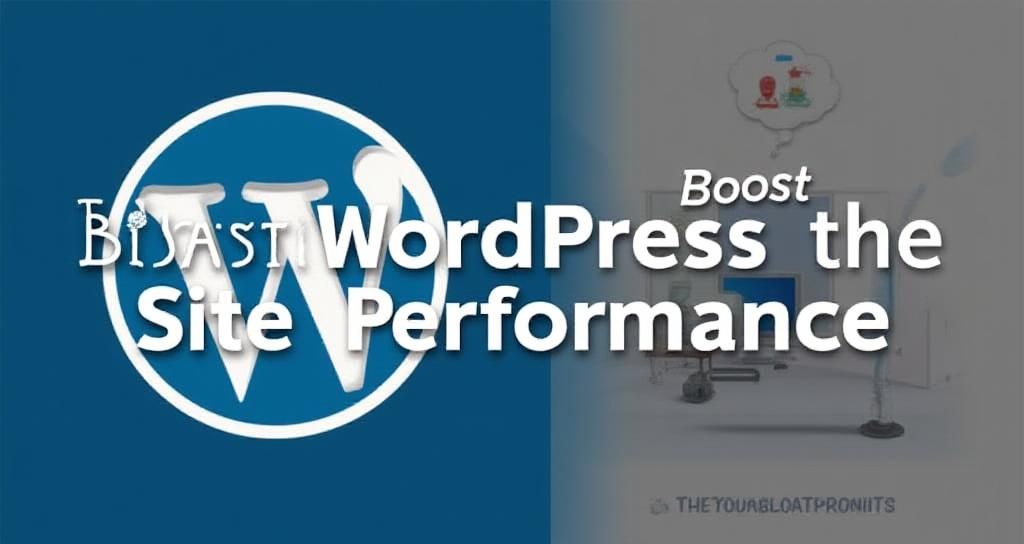
5 Powerful Tips to Supercharge Your WordPress Site Performance
Is your WordPress site sluggish? Slow loading times drive visitors away and hurt SEO. But optimizing WordPress site performance isn’t just about caching plugins—it’s about smart, often overlooked strategies. Here are five unique, actionable tips to speed up your site.
1. Ditch Bloated Themes for Lean, Custom Builds
Most premium themes pack unnecessary features. Instead, use lightweight themes like Underscores or GeneratePress. Better yet, build a custom theme. A lean theme can cut load times by 30-50%. For example, replacing a heavy multipurpose theme with a minimalist design reduced a client’s TTFB (Time to First Byte) from 1.8s to 0.6s.
2. Use a CDN the Right Way
Many think just enabling a CDN solves everything. But misconfigured CDNs can delay rendering. Use Cloudflare with “Auto Minify” and “Rocket Loader” for JavaScript. For static content, BunnyCDN’s edge storage is 40% faster than S3-based solutions. Test CDN settings with WebPageTest to ensure optimal delivery.
3. Optimize Database Queries
Unoptimized database queries slow down dynamic sites. Tools like Query Monitor reveal slow queries. Replace complex meta queries with transients or custom tables. For example, a WooCommerce site reduced cart loading from 4s to 1s by caching product metadata.
For deeper tuning, check our guide on advanced WordPress performance tips.
4. Lazy Load Third-Party Embeds
YouTube or social media embeds block rendering. Use loading="lazy" or plugins like Lazy Load Optimizer. One media site improved its Speed Index by 20% by deferring Instagram embeds until scroll.
5. Preload Critical Requests
Preload fonts, CSS, and JavaScript using <link rel="preload">. Tools like Chrome DevTools identify critical chains. A tech blog shaved 0.8s off load time by preloading Google Fonts.
For more plugin-specific tweaks, explore our post on must-have WordPress plugins.
Final Thoughts
Boosting WordPress site performance requires a mix of technical fixes and strategic choices. Start with these tips, measure gains with Lighthouse, and iterate. Every millisecond counts!
